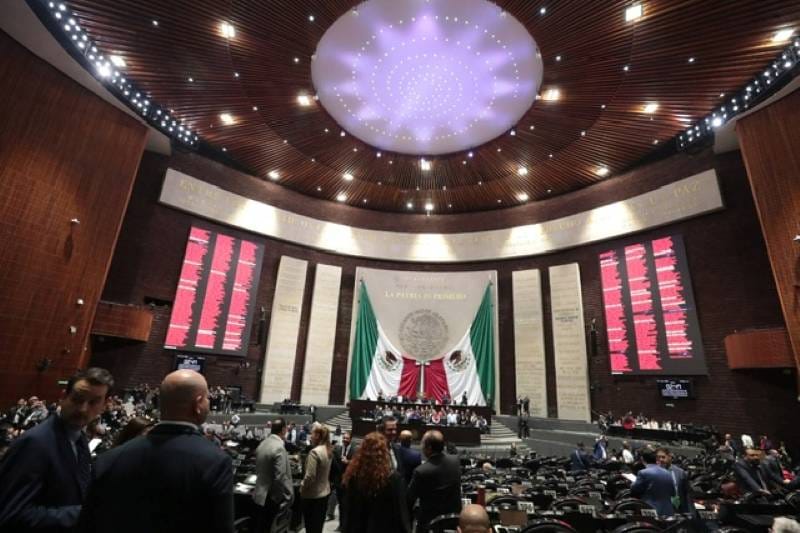Mexican Deputies Approve Controversial Reform to Shield Constitutional Changes from Legal Review
Mexico's Chamber of Deputies has approved a controversial constitutional reform that limits judicial review of constitutional amendments. The reform prohibits constitutional challenges to amendments and restricts the scope of amparo, a legal remedy to protect individual rights.

In a consequential decision with far-reaching implications for Mexico's legal framework, the Chamber of Deputies on Tuesday approved a contentious constitutional reform that alters the dynamics of judicial review and legal recourse against constitutional amendments. With a qualified majority of 340 votes in favor, 133 against, and one abstention, the sweeping legislative move has stirred a spirited debate over the balance of power between the legislative and judicial branches.
The reform, which amends Article 107 and introduces a fifth paragraph to Article 105 of the Mexican Constitution, seeks to curb the challengeability of constitutional amendments through judicial mechanisms such as constitutional controversies and amparo trials. The legislative push has been hailed by proponents as a necessary step to streamline constitutional processes and reinforce the principles of Mexican constitutionalism. However, critics warn that the changes could stifle judicial oversight and erode fundamental checks and balances.




